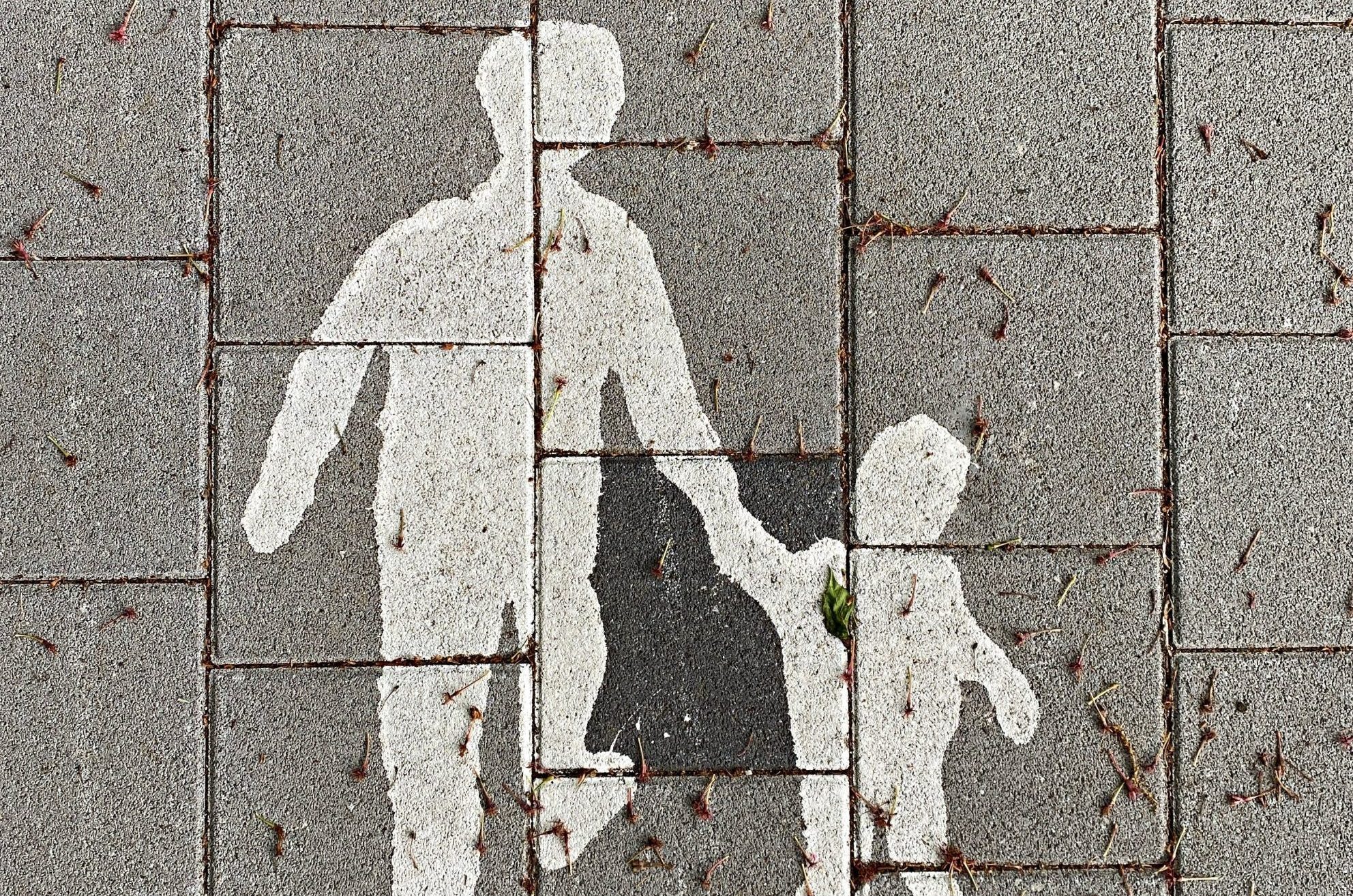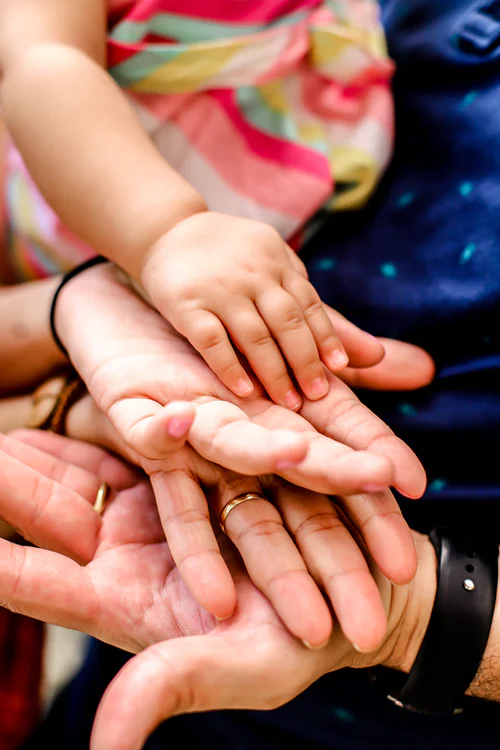
Have you ever thought about foster care? Have you wondered what it’s like, or if you might make a good foster parent for a child in need?
There are over 1,100 licensed foster families in Rhode Island caring for over 1,200 children in our state’s foster care system. These ordinary families fulfill an extraordinary need, acting as anchors of compassion and support for our state’s most vulnerable children. Kelley Fluette has been a foster parent for 18 years. She is also the biological mom of four, the adoptive mom of two, and currently co-leads training sessions for prospective foster families. In 2016 she became one of the founders of ‘The Village;’ RI’s only foster support organization that is both founded and governed by foster and adoptive families. She talked to us about her own experience as a foster parent, fostering in RI, and how the wider community plays an important role in supporting foster families.
Providence Mom: Thanks so much for talking to us Kelley. Could you share why children might need a foster family? And what motivates families to become foster parents?
Kelley Fluette: Children come into care because they cannot safely remain at home. Usually due to abuse or neglect. Most commonly the parent(s) have substance abuse problems, mental health issues, or cognitive delays. These children need a foster home to keep them safe, loved, and nurtured while their parents get the help they need.
Many are drawn to foster care because they want to help; The stories about kids in care can really pull at your heartstrings. Some people hope to grow their families through foster care. Others have a family member or close friend whos child is taken into care and decide to foster to keep that child with their family.
How did you first become interested in fostering?
I remember I kept seeing advertisements in the local paper stating the need for foster families. It sparked my attention and I decided to go to an informational meeting. I knew after attending the meeting that it was something I really needed to do. Later I made a friend who had been a foster child herself. After hearing her stories I really felt driven to go back and sign up.
Can you tell us a bit about what fostering has looked like for you in terms of the ages of the children in your care and their needs?
When my kids were younger, I would take children up to the age of 10 or 12. Now that my kids are older and have a lot of after-school activities, I mainly take babies. Every child taken into care has experienced some type of trauma, which can be very deep and long-lasting, no matter their age. There are usually trust issues, so you have to work slowly to gain their trust. They often need therapy and are behind with their wellness visits, and we try to catch them up with what they’ve been missing. Whatever their age, children want to feel safe and secure and have their needs met.
As a foster parent, what kind of relationship can you expect to have with the child’s birth family?
When I first started fostering, I wasn’t expecting to ever even meet their parents. However, I’ve learned that my support has a big impact on the success of the family and the child’s transition back home. Now, I try to make a connection with the family immediately. At first, I usually start a journal so we can correspond back and forth and send pictures. Then, if we are both willing and it’s appropriate, we meet and eventually exchange emails or phone numbers. I think it’s so important to be a support for the biological family as well as the child.
How have your own kids and partner adjusted to your role as a foster parent? What has the impact been on them?
When the foster kids first move in a lot of my attention goes to them because they’ve got significant needs. In the beginning, it was tough for my kids to share my time and to have new kids coming into the home that they didn’t know. But once they got used to the process and what was happening, they started to follow my lead and pitch in and help. They are very understanding and patient. I definitely think it has had a positive impact on my children to see that not everyone has what they have. Not everyone experiences security and love and has their needs met. It is eye-opening. As they’ve become more aware of what the kids have been through, they are very willing to chip in. They help the kids feel loved and safe until they move on.
It was 100% my idea to foster and I persuaded my partner to do the classes. He went along with it and now he is fantastic with the kids. Even though as the stay-at-home mom the responsibility is mostly mine, he gets up at night to feed newborns and does bath times. So, it’s really a 50/50 partnership. It’s been a positive and rewarding experience for everyone. We all fall in love with all the kids, the whole family.
I’m sure that fostering can be both rewarding and challenging at times. Can you share what has been the best and hardest part of being a foster parent?
The most rewarding thing is getting to know the child and helping them to grow, heal, and develop into a happy, silly child. Every child that has stayed with us has become an important part of our family, even if it’s for just a short time. Despite the challenges, it is always worth it and we will never forget them even long after they move on. Sometimes we are lucky enough to still remain in contact after they have gone!
Conversely, a very difficult challenge is trying to get much-needed services for the child. Mental health providers for children are hard to find and the wait lists are extremely long. It’s also very tough learning how to navigate the system. One example is planning a family trip and getting permission to take the child with us. This can take months since that decision is made through the courts. The last thing we want to do is leave that child behind.
What would you say to someone who is unsure foster care would be a good fit for them?
I’d say, go to one of the Department for Children, Youth and Family’s information sessions. You can learn a lot about the process and ask as many questions as you like. If you still aren’t sure, sign up for the classes. They are so informative and will help you to determine whether or not foster parenting is for you.
Can you talk to us a bit about the requirements for someone to become a foster parent?
Fostering requires a background check, medical and mental health clearance from your doctor, and a 33-hour training class.DCYF also conducts a thorough home study. The classes cover relevant issues such as trauma in children, often through examining real-life scenarios. The classes provide a good understanding of the foster care system and what your role is as a foster parent. They will also help you identify what kind of placement would be a good match for your family.
Can you tell me about your organization ‘The Village’?
The Village is a non-profit organization that was founded by a small group of foster parents. We recognized a big need for foster families to connect with each other. We know firsthand that there is nothing like having the support of another person who knows exactly what you’re going through. Having the support of someone who “gets it” is invaluable to our families.
Our services include a donation closet where families can get diapers, clothing, baby equipment, and other various donations. We offer monthly support groups, both online and in person, at different locations around the state, in addition to free family events throughout the year to get foster families together. We host guest speakers on different subjects that focus on the needs of foster families and offer Incredible Years (IY) training through Bradley Hospital to help parents manage challenging behaviors. Depending on the needs of families, we are always willing to add events and trainings at any time.
In what ways can the wider community support children and foster families?
Many foster children come with only the clothing on their backs and nothing else, so gift cards to places like Target, Walmart, Stop & Shop etc. are a huge help to families getting started. We’ve seen a lot of large sibling groups come into care lately, and gift cards are especially helpful to foster families taking in multiple children. We also have a big need for diapers and are always grateful for diaper donations. Information about diaper drives can be found on our Facebook page.
Thank you Kelley Fluette & The Village, RI!
To learn more about The Village and its events, or make a donation, check out their website RI Village or follow them on Facebook.
For more information about becoming a foster parent in Rhode Island, please consult the Rhode Island Department of Children, Youth, and Families.
To learn more about adoption in Rhode Island check out AdoptionRI.












